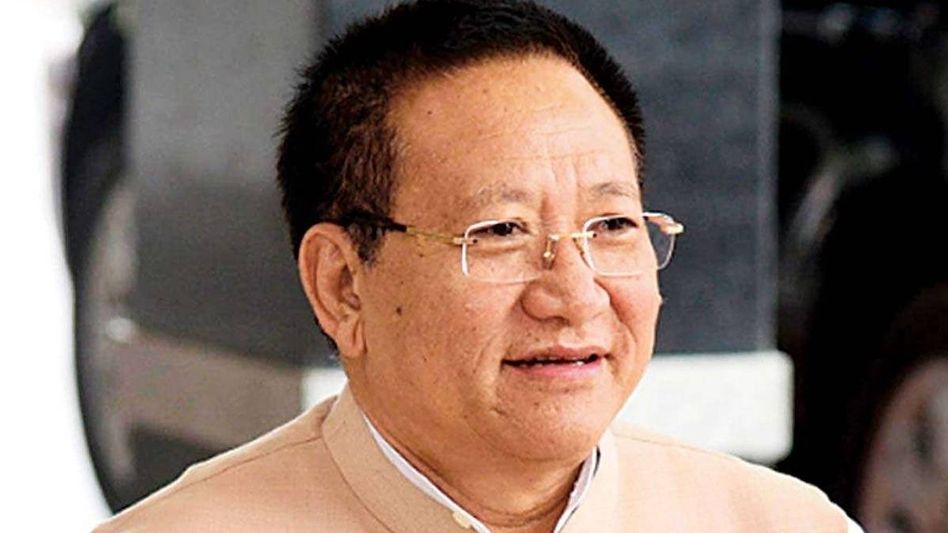Nagaland benefitted tremendously from GST implementation, says Deputy CM T.R. Zeliang
Organized by the Department of State Taxes in collaboration with the Goods & Services Tax Network (GSTN) from New Delhi, the event aimed to engage local businesses and stakeholders on GST’s practicalities and advantages.
 Nagaland benefitted tremendously from GST implementation, says Deputy CM T.R. Zeliang
Nagaland benefitted tremendously from GST implementation, says Deputy CM T.R. ZeliangNagaland Deputy Chief Minister T.R. Zeliang said that the state has benefitted tremendously from the implementation of the Goods and Services Tax (GST), noting a “tremendous improvement” in sales tax revenue compared to the earlier tax regime. He made these remarks at the closing function of the two-day “GST Refresher Training cum Stakeholders’ Meet” held at Niathu Resort in Chumoukedima.
Organized by the Department of State Taxes in collaboration with the Goods & Services Tax Network (GSTN) from New Delhi, the event aimed to engage local businesses and stakeholders on GST’s practicalities and advantages. Zeliang recounted the initial resistance from the business community when GST was first introduced in 2017, citing concerns that its implementation was premature. However, he praised the subsequent adoption of GST in the legislative assembly, emphasizing its indispensable role for businesses of all sizes in Nagaland.
Zeliang highlighted the importance of understanding GST’s Input Tax Credit (ITC) mechanism, noting that effective ITC management could yield substantial financial benefits for businesses. He stressed the need for accurate documentation, which he identified as key to claiming ITC without complications.
The Deputy Chief Minister also called for regular training to keep pace with digital advancements in the GST framework, stating, “From taxpayers to tax practitioners and government departments, each participant in the GST ecosystem needs an understanding of its mechanisms to avoid compliance penalties and ensure smooth, error-free filings.” He extended his gratitude to GSTN, acknowledging their vital role in facilitating the implementation and ongoing support of GST in Nagaland. This recent training marked GSTN’s second visit to the state, a collaboration that Zeliang described as essential to Nagaland’s tax administration success.
Further, Zeliang revealed that the state was the first among North Eastern states to implement Aadhaar-based biometric authentication for GST registration, a move aimed at curbing fake registrations and preventing tax evasion. He shared optimism about expanding the state’s tax base by incorporating all liable dealers into the GST system.
Advisor for the Department of State Taxes, Kudecho Khamo, who delivered the keynote address, commended the department’s performance, noting that it contributes approximately 85% of Nagaland’s State Own Tax Revenue (SOTR). Khamo also lauded the department for pioneering biometric authentication in the Northeast to secure the registration process. He added that efforts were underway to integrate Profession Tax with an accessible online payment gateway, streamlining tax payments for businesses.
Khamo encouraged ongoing education and sensitization for taxpayers, stressing the importance of informed compliance. Addressing the department's infrastructure challenges, he shared plans for a new directorate building in Dimapur to mitigate office space constraints and assured the government’s commitment to securing transportation for tax officials.
Also Read: Nagaland holds statewide earthquake mock drill to enhance disaster preparedness
Copyright©2025 Living Media India Limited. For reprint rights: Syndications Today









